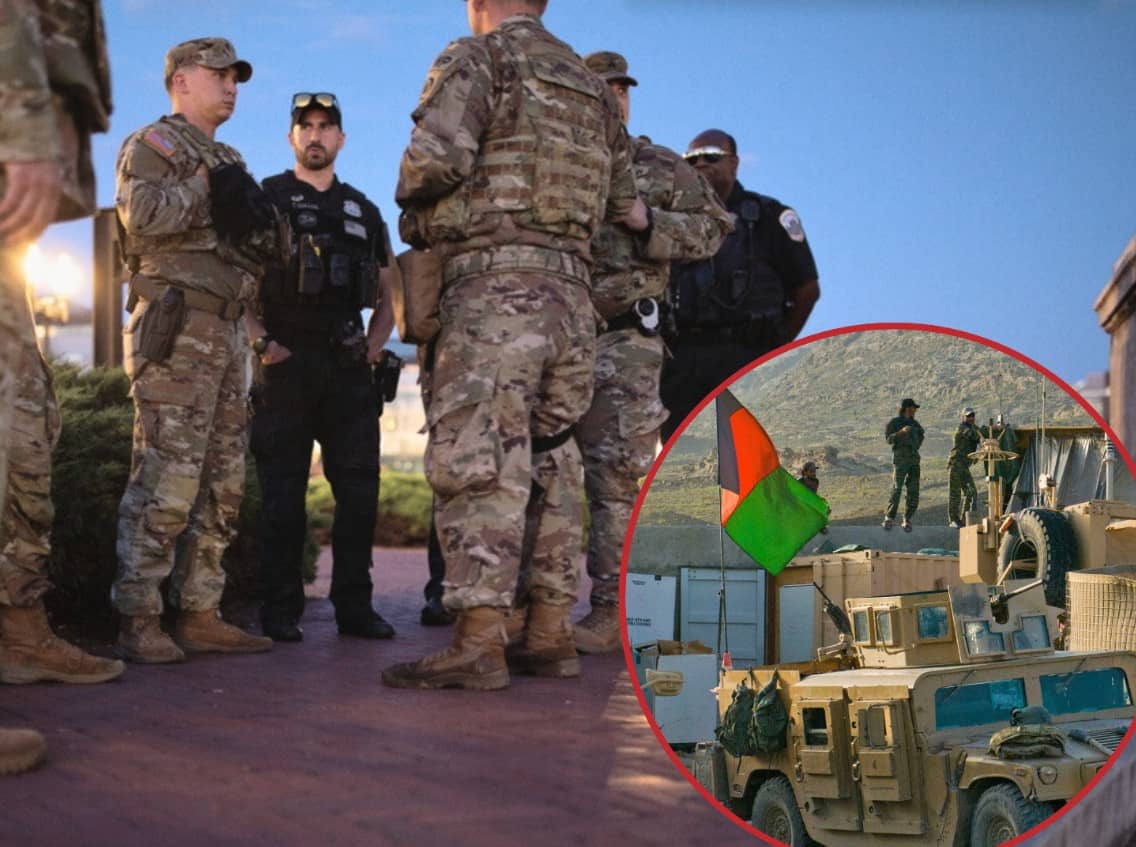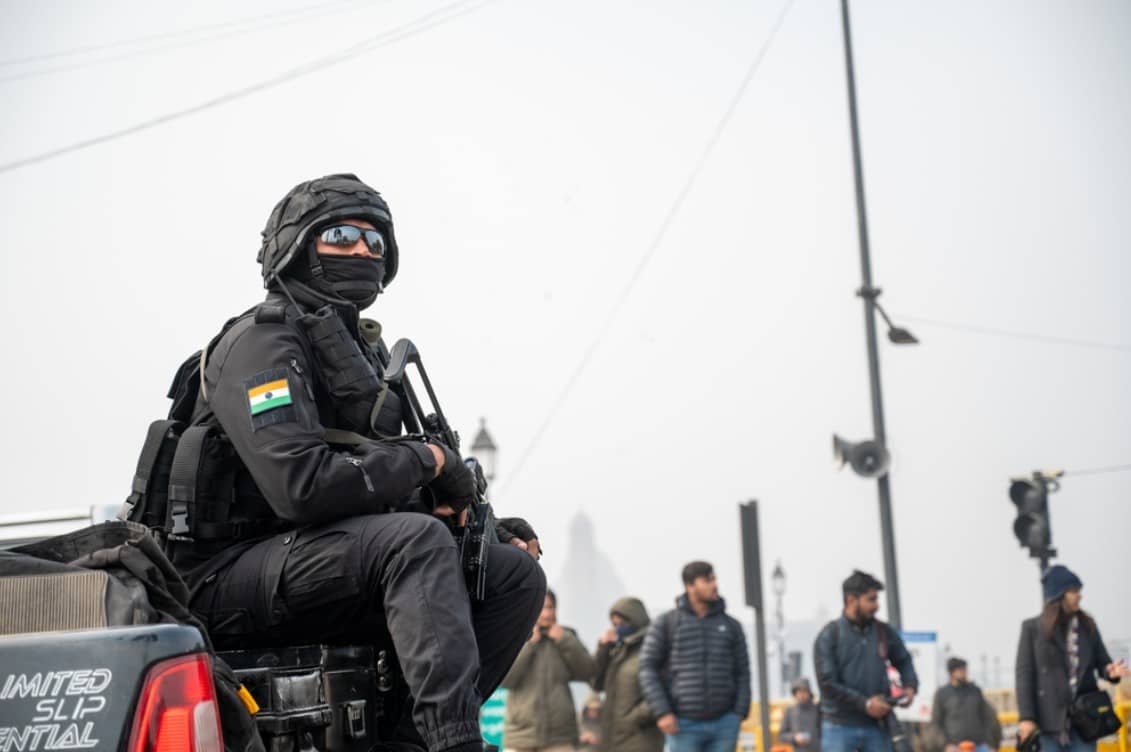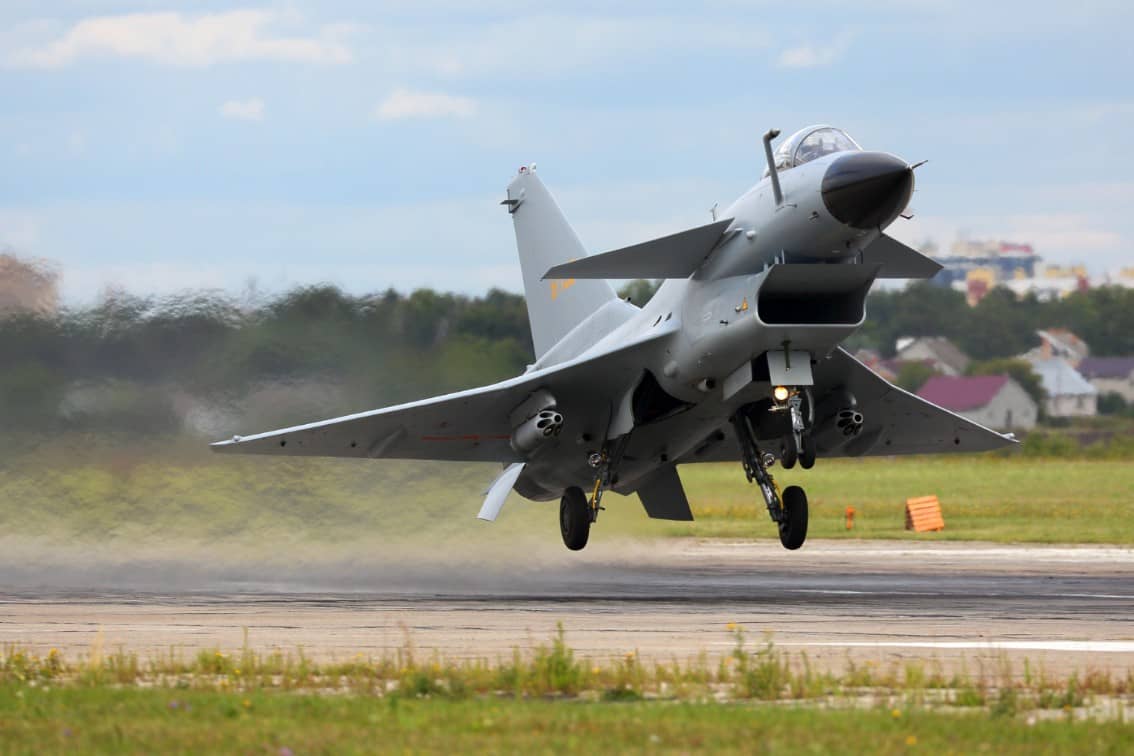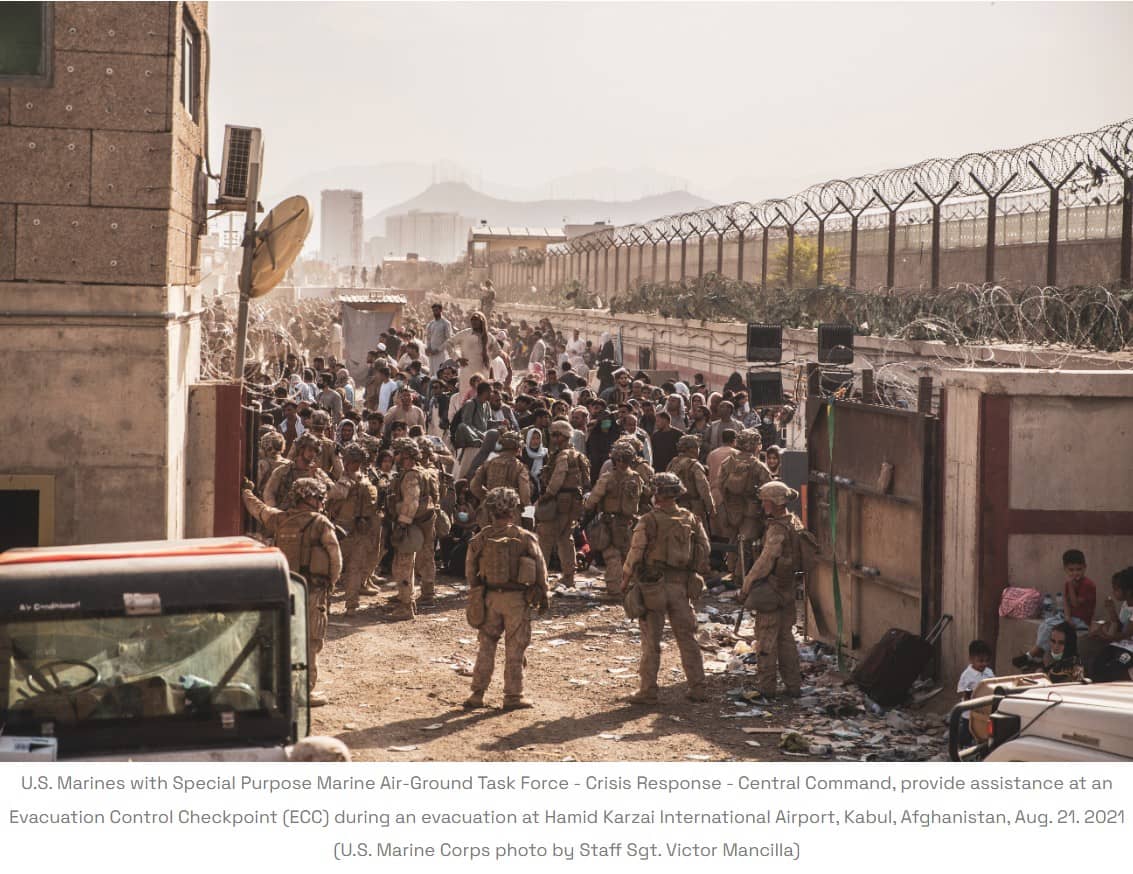Pakistan-Afghanistan Border Clashes Test New Saudi Defense Pact
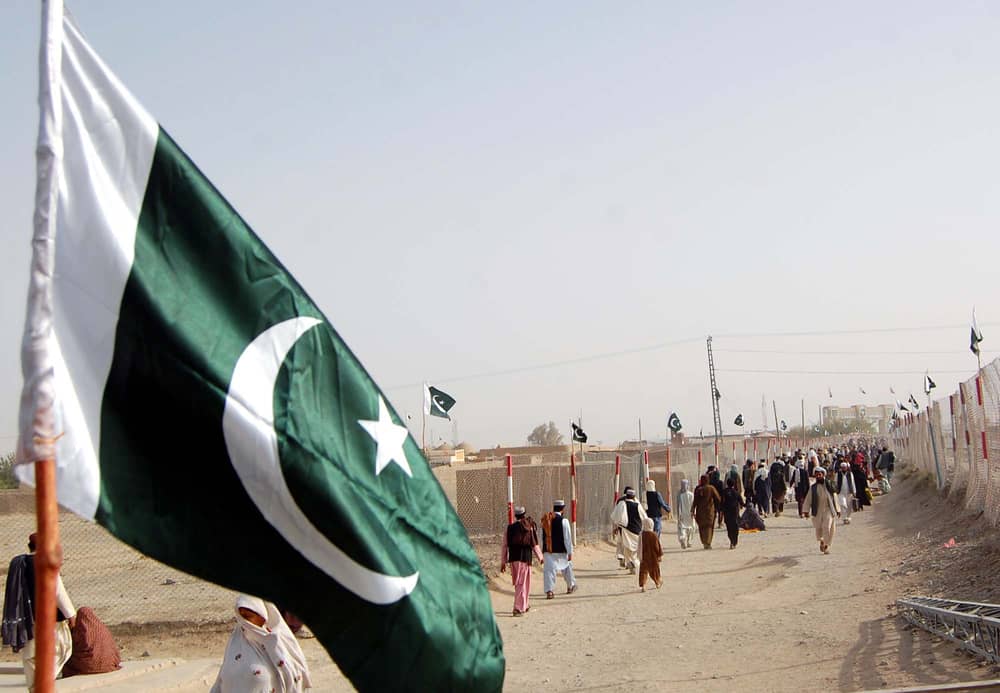
Afghanistan said Sunday it killed 58 Pakistani soldiers, wounded 30 others, and captured 25 border posts in overnight operations along the 1,622-mile (2,611-kilometer) frontier, the first major test of the landmark mutual defence agreement Pakistan signed with Saudi Arabia last month.
The clashes erupted Saturday night after explosions in Kabul and eastern Afghanistan on Thursday that the Taliban government blamed on Pakistan.
What Happened
Zabihullah Mujahid, the Taliban government’s chief spokesman, said Afghan forces killed 58 Pakistani soldiers, wounded 30 others, captured 25 Pakistani army posts, and seized a significant amount of weapons during retaliatory operations along the border. He said nine Taliban soldiers died and nearly a dozen were injured during operations.
“The situation on all official borders and de facto lines of Afghanistan is under complete control, and illegal activities have been largely prevented,” Mujahid told a press conference in Kabul.
Pakistan reported 23 of its troops killed and disputed Afghanistan’s casualty figures, saying it killed more than 200 Afghan fighters and destroyed several Taliban posts. Pakistani state media reported forces seized 19 Afghan border posts, with fighters either killed or forced to flee. Pakistan Television broadcast video showing Afghan posts in flames and Taliban soldiers allegedly surrendering in Kurram.
The Pakistan Air Force has struck an Afghan Taliban military base in Spin Buldak in the Kandahar province.
— Visegrád 24 (@visegrad24) October 12, 2025
It’s right next to the border with Pakistan.
🇦🇫🇵🇰 pic.twitter.com/JDG6UXT3vZ
The fighting comes weeks after Prime Minister Shehbaz Sharif and Crown Prince Mohammed bin Salman signed a strategic mutual defence agreement on Sept. 17 at the Royal Court in Riyadh. Pakistan’s cabinet ratified the deal Oct. 9. The agreement commits both countries to joint deterrence, stating any attack on either nation would be considered an attack on both.
Why It Matters
The border clashes represent the first serious test of Pakistan’s mutual defence pact with Saudi Arabia, its first such treaty since Cold War-era agreements with the United States dissolved in the 1970s.
The Saudi-Pakistan pact arrived as regional security arrangements faced pressure from Israel’s attack on Doha on Sept. 9 and its 12-day war with Iran in June.
Asfandyar Mir, a senior fellow at the Stimson Center, told Al Jazeera the pact will trigger new alliance politics around what it does or does not cover, deterrence, resource commitment and operational details. Muhammad Faisal, a South Asia security researcher at the University of Technology Sydney, told Al Jazeera the commitment to treat aggression against one as aggression against both represents more of a political statement than a binding military alliance for now.
How It Might Affect Things
Pakistan-Afghanistan Relations: The clashes test whether the Saudi defence pact applies to Pakistan’s border conflict with Taliban-led Afghanistan. The Saudi Foreign Ministry issued a statement late Saturday calling for “restraint, avoidance of escalation and the adoption of dialogue and wisdom to help de-escalate tensions.” The statement did not invoke the mutual defence agreement or suggest Saudi military involvement, leaving unclear whether the pact covers this type of conflict or what threshold would trigger its activation.
Regional Security: Gulf states may pursue similar arrangements with Pakistan, Egypt or Turkey as confidence wavers in American security guarantees following the Israeli strike in Doha.
Pakistan-India Dynamics: The pact introduces complexity to future conflicts between the nuclear-armed neighbors. Asfandyar Mir, a senior fellow at the Stimson Center, told Al Jazeera that Pakistan secured collective defence support at the moment it faces threats of Indian military action.

